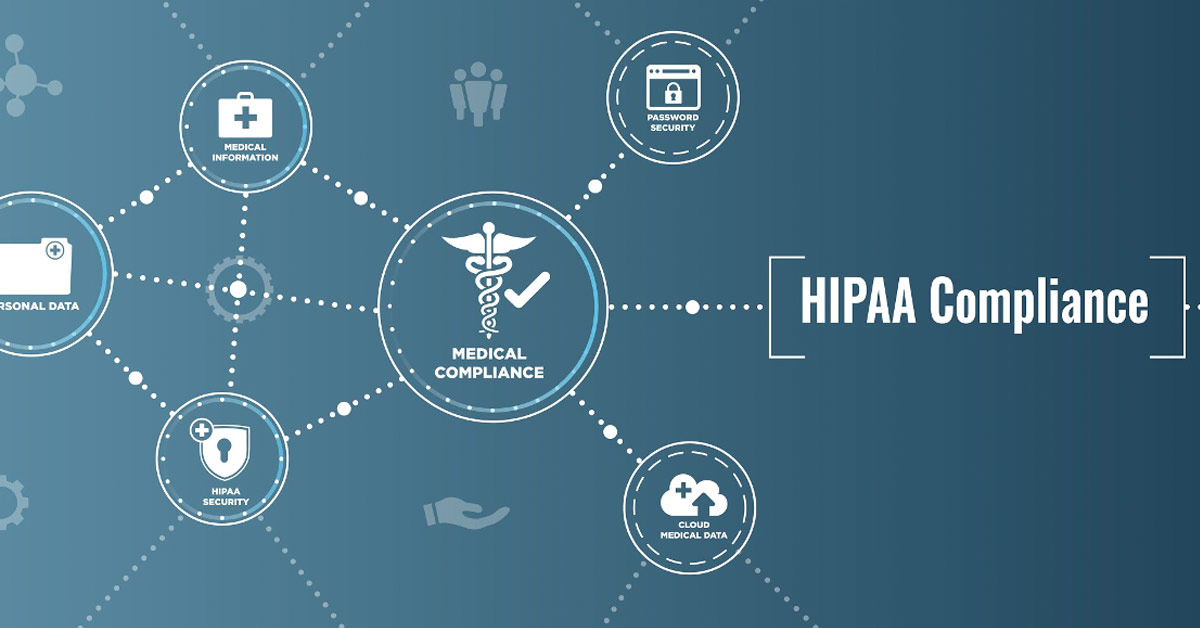If you’re a health care provider making sure you’re in compliance with HIPAA regulations is a vital element of running your business. This law gives individuals with more privacy and security as well as giving patients greater control. As technology advances rapidly it’s essential to make sure that any new system you adopt remains in compliance with the rules set forth by HIPAA.

HIPAA compliance can be a challenging process for organizations that struggle to grasp the law and its consequences. Health care institutions and those that are part of the insurance industry for health care must take great care to meet the rules of HIPAA, even if they feel like they aren’t sure about it. It’s essential to read the regulations thoroughly and make sure all procedures are in place to ensure that you are in compliance. It can be difficult to follow the law, but it is essential. Compliance ensures greater service and security of information privacy and could result in penalties not being incurred. Businesses should be aware of HIPAA and take the required steps to make sure they comply with its regulations.
While HIPAA’s regulations are arguably strict, the emphasis on proper privacy and security measures is to safeguard one of our most valuable possessions: our information. Since the healthcare industry has been shifting to digital platforms, like Electronic Medical Records (EMR) enhanced security measures have been necessary in order to thwart any inappropriate or unintentional sharing of private patient information. While guidelines have been laid out, compliance with these rules has to be observed and enforced for people to be secure. This is why HIPAA is always on guard over these matters in order to enhance the security and security.
HIPAA is a valuable safeguard for both those working in the medical profession and patients whose information is stored. It permits covered entities and business associates (BAs), the freedom to decide whether they should use an addressable execution specification. This choice may depend on a variety of factors including a risk analysis mitigation strategy, current security measures, and cost of implementation. CEs and BAs can examine alternatives or opt out of the specific measure when they believe it’s suitable for their particular situation. HIPAA encourages them in making an informed decision regarding security of data and protection, and also to achieve a balance between technical security and control of the user.
HIPAA compliance is a major benefit to many companies. They can guarantee the privacy and security of health-related information of customers, patients, and customers is maintained by adhering to the rules of the Health Insurance Portability and Accountability Act. Compliance ensures that patients’ health information is used only for their own benefit and those of their health care providers. HIPAA compliance allows patients to make informed decisions regarding how their personal health information is used and managed and provides them with assurance that other entities are not in a position to obtain or alter the data without authorization. Furthermore, HIPAA compliance mitigates reputational risk for businesses by making them less vulnerable to financial or legal ramifications that result from the misuse of patient data due to a lack of security measures. HIPAA standards help ensure positive patient experiences and better protection for sensitive medical records.
In conclusion they are just a few of the many things you need to consider when it comes to HIPAA compliance. To ensure that you are in compliance it is essential to know the basics of the laws. Also, consult with experts who can assist you to understand the law and establish the systems and processes. Although it might seem daunting to ensure the compliance of your staff, it is essential to ensure the protection of the rights of your patient as in ensuring confidentiality.
For more information, click hipaa requirements include